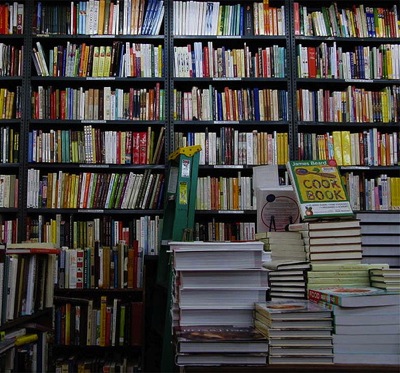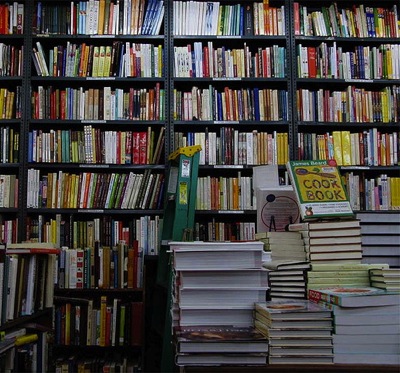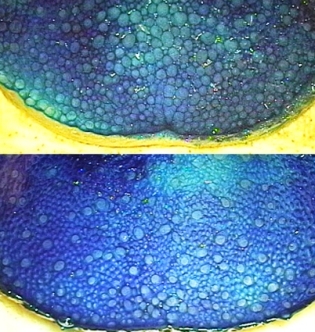 Photo: JumanggyIf, like me, you love food, chances are you’ve spent at least an hour or two daydreaming about going back to school to study it. Maybe you’ve fantasized about a hands-on career as a butcher, cheese-maker, or hydroponic farmer; maybe you occasionally picture yourself campaigning for food justice or traveling the world to write a history of the persimmon. Perhaps you secretly want to catalog and save rare potato varieties in the Andes, learn about other cultures through the way they serve breakfast, design more environmentally friendly packaging to reduce waste, or find urban planning solutions to America’s food deserts.
Photo: JumanggyIf, like me, you love food, chances are you’ve spent at least an hour or two daydreaming about going back to school to study it. Maybe you’ve fantasized about a hands-on career as a butcher, cheese-maker, or hydroponic farmer; maybe you occasionally picture yourself campaigning for food justice or traveling the world to write a history of the persimmon. Perhaps you secretly want to catalog and save rare potato varieties in the Andes, learn about other cultures through the way they serve breakfast, design more environmentally friendly packaging to reduce waste, or find urban planning solutions to America’s food deserts.
The possibilities are endless — and that’s the point.
Food is inherently multi-disciplinary, which means that every time we look at our foodscape through a different lens, we have the opportunity to learn something new.
But most students of food — whether they are enrolled for credit or simply self-directed enthusiasts — remain firmly embedded within the constraints of their disciplines. Industrial chemists working on new flavor enhancers spend relatively little time understanding what food might mean to an international development scholar, and vice versa; urban planners often miss out on an anthropologist’s understanding of food’s role in building community; and food safety watchdogs are not in dialogue with the economists analyzing global trade inefficiencies. And because of that, we all miss out on the kinds of holistic understanding and innovative ideas that studying the world through the lens of food can reveal.
So what if we created a space where people who are studying food in a huge variety of agriculture and food-focused programs around the world could report back, share their perspective with you, and start a whole new conversation?
Starting today, we’re doing just that here at Grist, with a new feature called Food Studies.
We’ve asked eleven students to let us in on their mental diets this fall — to share the particular food ideas, stories, and questions that they encounter in their various classes, lectures, lab sessions, and field trips. They come from different places — we have an Israeli studying plant science at Hebrew University, an anthropologist studying Korean gastro-diplomacy in Indiana, as well as an American studying at the Slow Food movement’s University of Gastronomic Science in Bra, Italy. And they’re enrolled in different programs — from culinary school in Singapore to a PhD program in the history of science with a focus on canning. Every weekday this semester, you can expect an update from one of them, covering topics as diverse as how to put together a restaurant wine list and the sensory dimensions of artisanal cheese.
So steal some of that back-to-school buzz yourself and follow along. It’s cheaper than tuition. And, much more importantly, it’s an amazing chance to blow open the boundaries around how food is taught and discussed, to test new ideas, and to start thinking holistically about how food can make the world a more sustainable, healthier, and better-tasting place.



